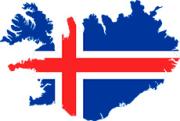
Category:
Time:
Chemometrics, Dynametrics and Big Data Cybernetics. We live at the beginning of a disruptive data explosion. Combine Internet of Things with small hyperspectral cameras and other low-cost, high-speed, multichannel instruments, and we make chaos unless we learn to handle all these data.
We must develop a non-reductionist science and technology culture that combines prior theoretical expectation and practical experience with the unexpected surprises hidden in all these measurements. To put it a bit bluntly:
We need to use a lot more mathematical modelling, otherwise we cannot summarize, combine and utilize the rapid increase in scientific insight, and describe the dynamics of reality. But we must avoid falling into the mental trap of “Macho mathematics” – focusing on stale proofs and needless exactness, limiting ourselves to oversimplified causality and fearing to be proven wrong.
We need a lot more statistical design and statistical validity assessments to ensure informative measurements and reliable conclusions. But given the widespread math and statistics fear in society, we must avoid falling for the academic temptation of “Gucci statistics” – sprinkling in meaningless p-values just to look good. We must try to understand our statistics and focus on the useful signal instead of the useless noise.
We need a lot more machine learning to extract all the useful information from our instruments, even the unexpected. But “Blind machine learning” can be dangerous, if it leaves us alienated and irresponsible. The local user of a trained neural net classifier does not need to know its details, as long as someone knows – but where is that person today?
How can the valuable information content from Quantitative Big Data, e.g. multichannel analyzers or hyperspectral video cameras, be discovered, extracted, stored, recalled, quantified and interpreted? A new method for On-The-Fly processing of “ever-lasting” high-dimensional data streams, e.g. from modern bio-production, will be demonstrated.
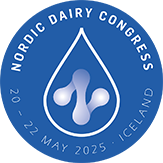














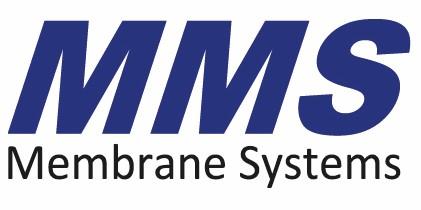






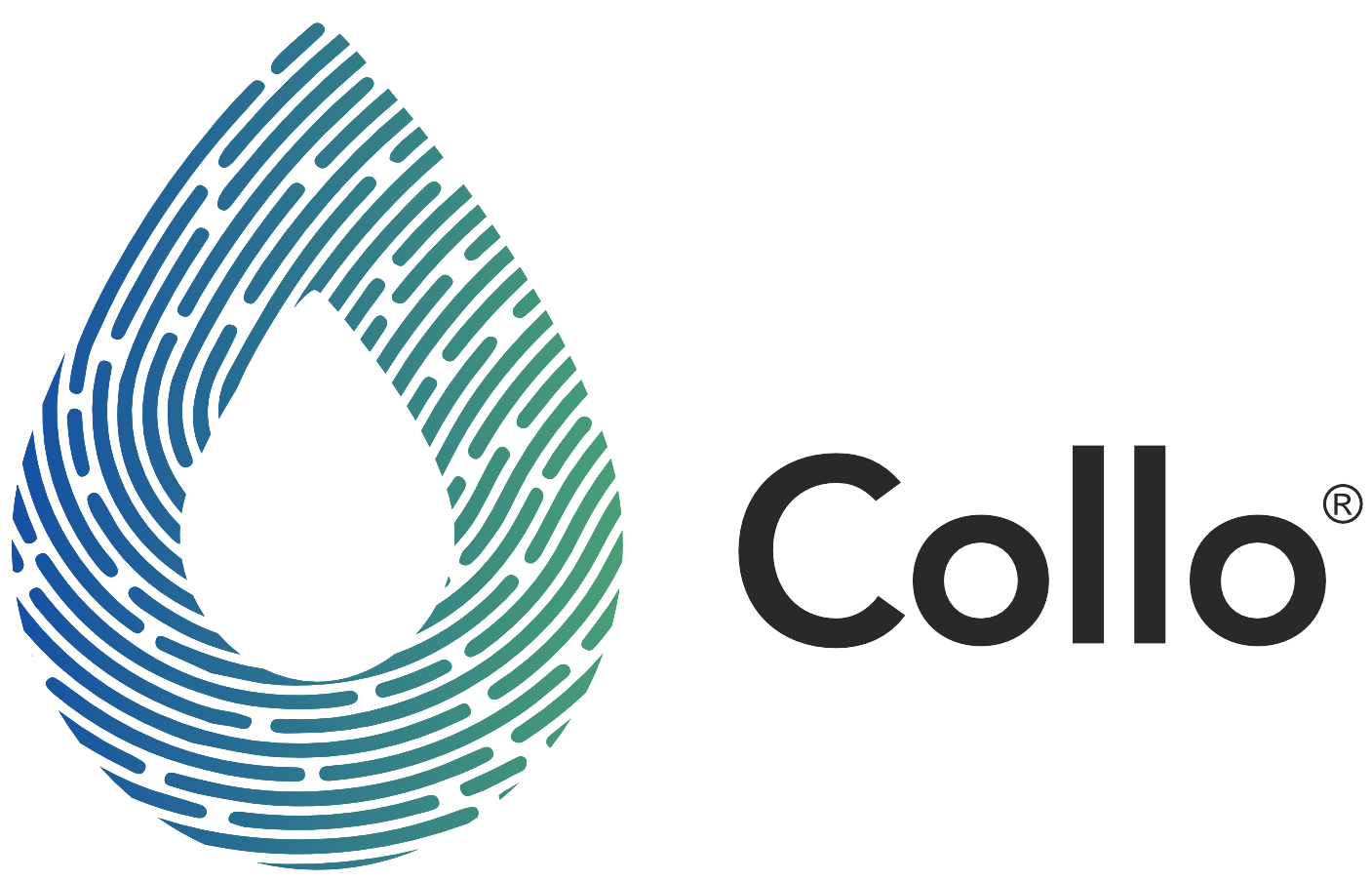





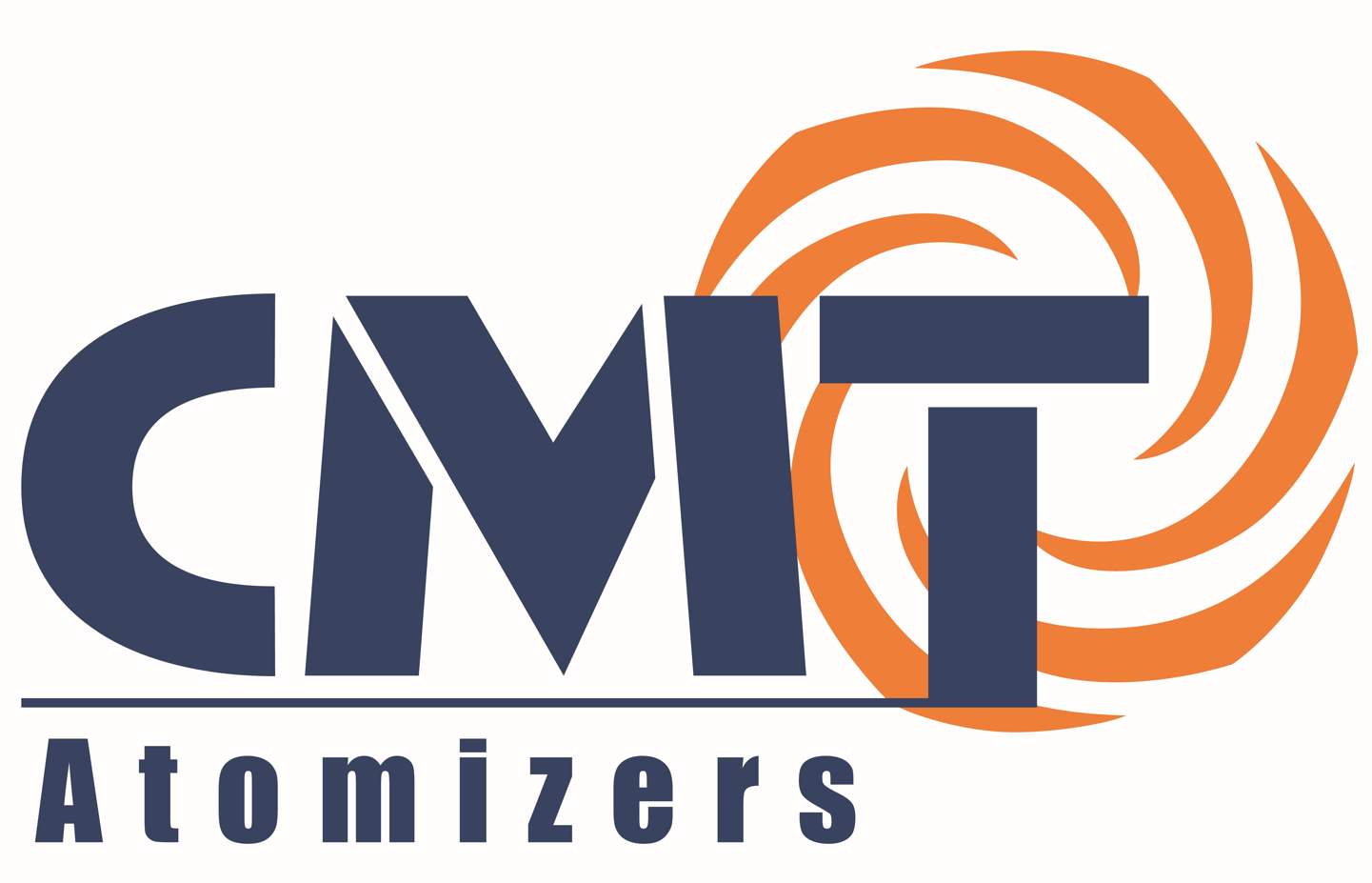

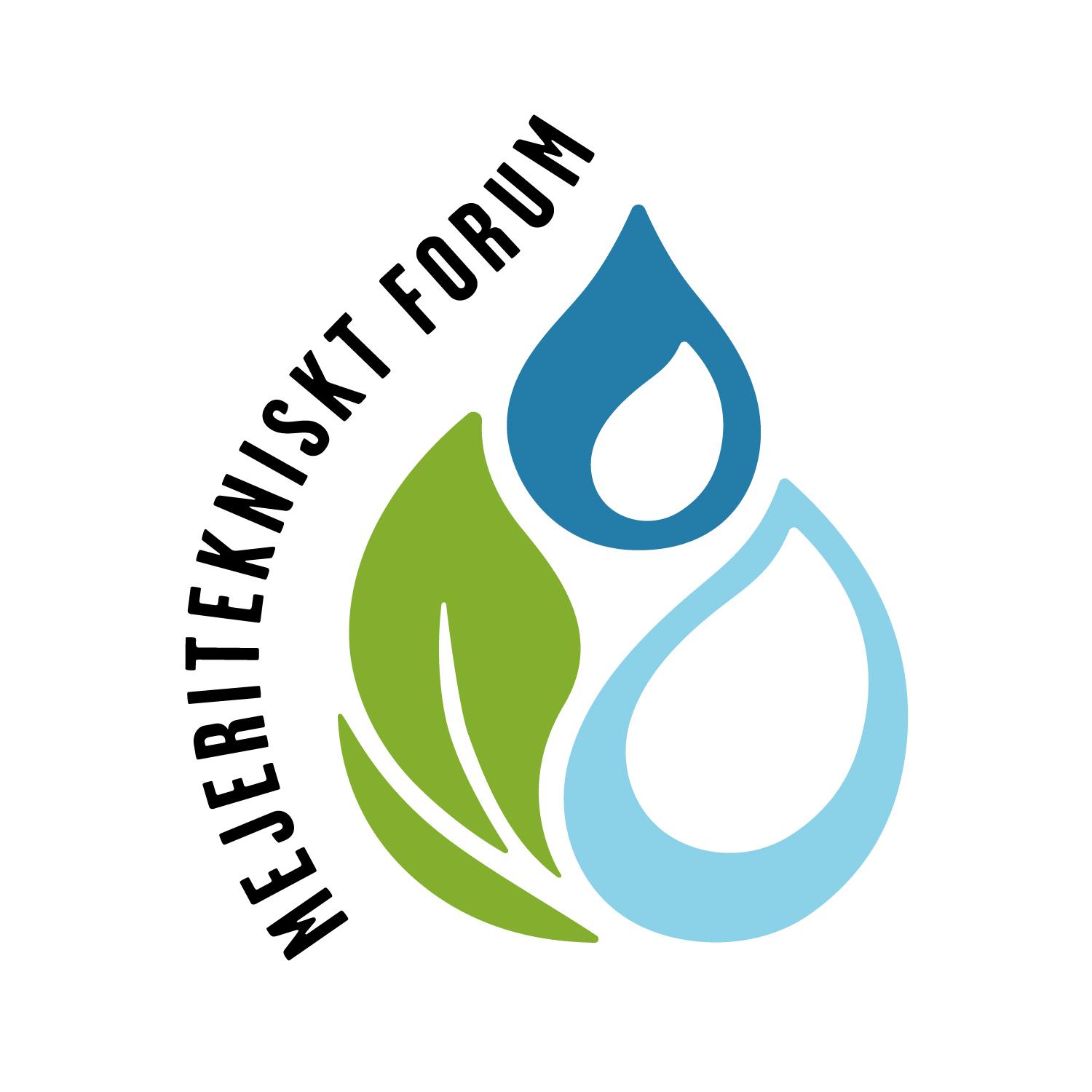

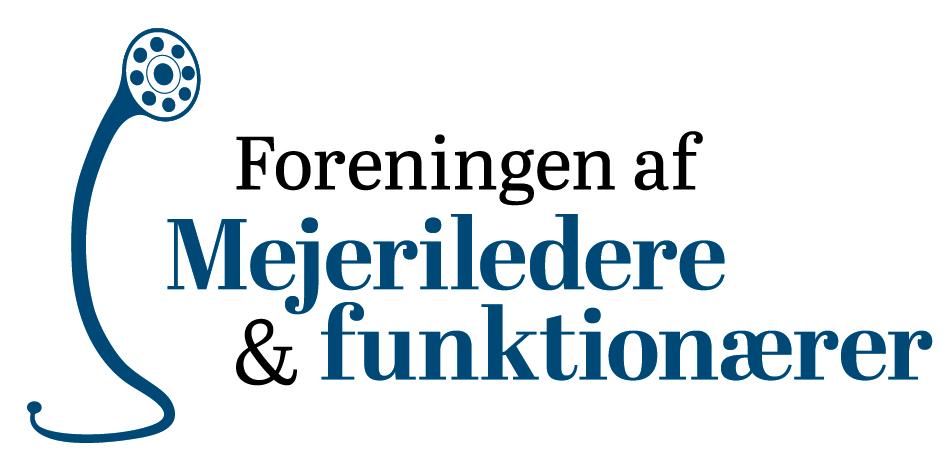



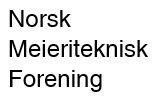
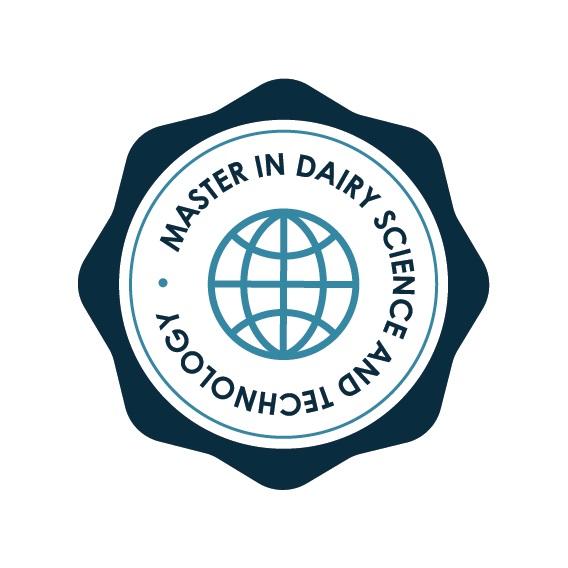







 Munkehatten 28
Munkehatten 28